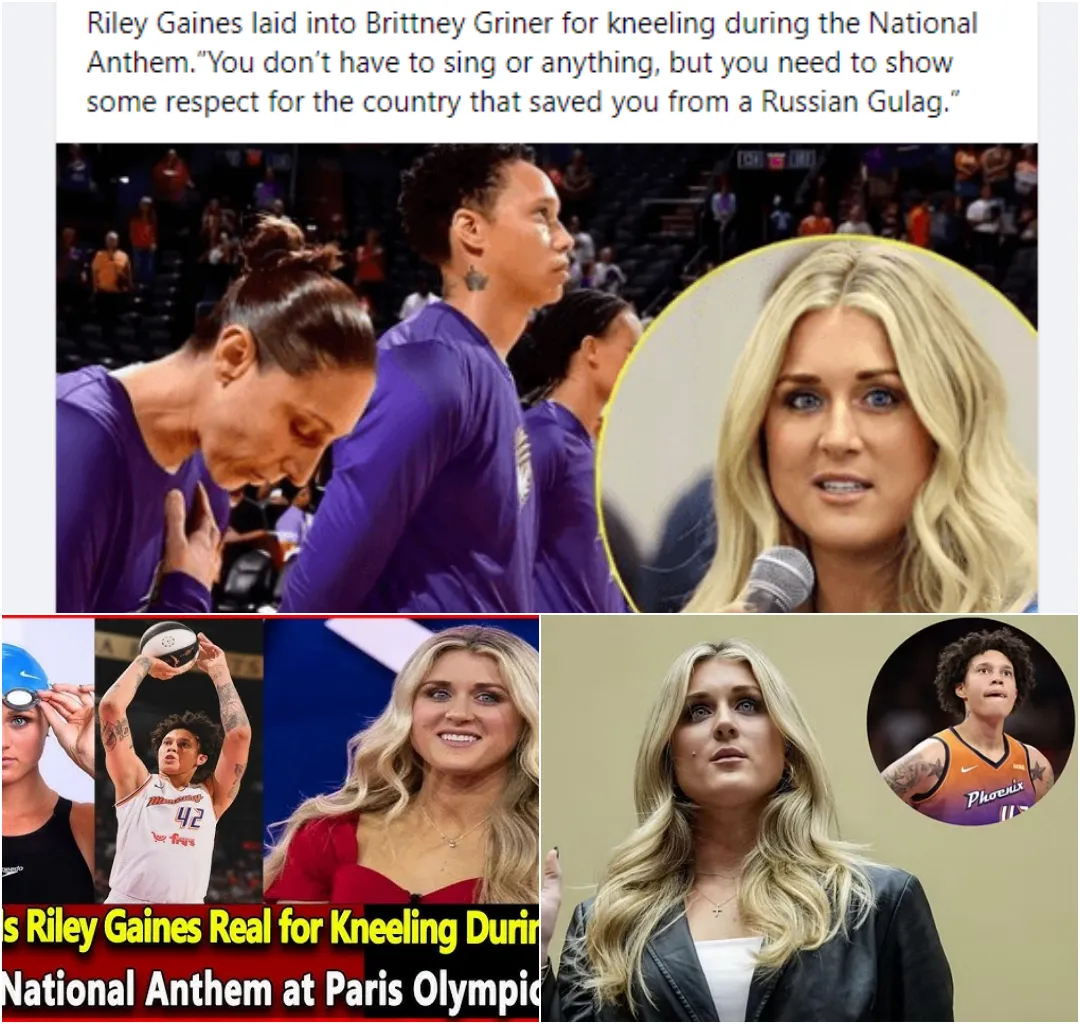In a recent game between the Las Vegas Aces and the Chicago Sky, A'ja Wilson and Gabby Williams were involved in a physical altercation that left fans and analysts questioning the lack of a flagrant or technical foul call.
The incident occurred when A'ja Wilson smacked Gabby Williams, who retaliated by whacking A'ja at the same time.
The lack of a flagrant or technical foul call in this situation has sparked controversy and raised concerns about the consistency of officiating in the WNBA. Many fans and analysts believe that the physical altercation between A'ja Wilson and Gabby Williams warranted a more severe penalty, given the potential for injury and the implications for fair play.
It is important to note that physical altercations in sports, especially those involving deliberate acts of aggression, can have serious consequences for the safety and integrity of the game.
The WNBA has a responsibility to enforce rules and penalties that prioritize player safety and fair competition, and the decision not to issue a flagrant or technical foul in this situation has called into question the league's commitment to these principles.
Moving forward, it is crucial for the WNBA to address concerns about officiating and to ensure that players are held accountable for their actions on the court.
Consistent enforcement of rules and penalties is essential for maintaining the integrity of the game and protecting the well-being of all players involved.
In response to this incident, the WNBA should consider reviewing its officiating protocols and providing additional training and support for referees to make consistent and fair decisions in high-pressure situations.
Furthermore, the league should take this opportunity to reaffirm its commitment to upholding the highest standards of sportsmanship and fair play, both on and off the court.
As fans and analysts continue to discuss the incident between A'ja Wilson and Gabby Williams, it is clear that there is a need for greater transparency and accountability in the WNBA's officiating process.
By addressing these concerns and taking proactive steps to improve consistency and fairness in officiating, the league can demonstrate its commitment to promoting a safe and competitive environment for all players.
In conclusion, the lack of a flagrant or technical foul call in the altercation between A'ja Wilson and Gabby Williams has prompted important conversations about officiating, player safety, and fair play in the WNBA. It is crucial for the league to take these concerns seriously and to work towards implementing measures that uphold the highest standards of integrity and sportsmanship. Only then can the WNBA ensure that incidents like this are handled appropriately and that players are protected from unnecessary risk on the court.



